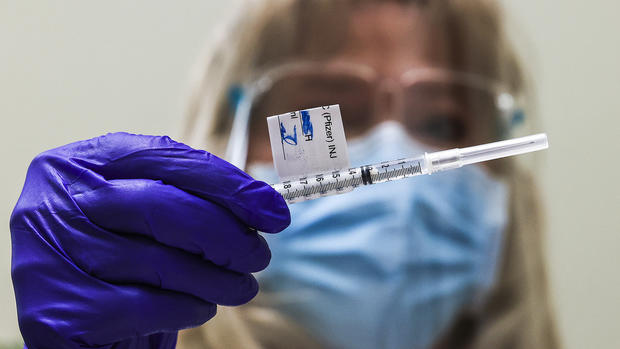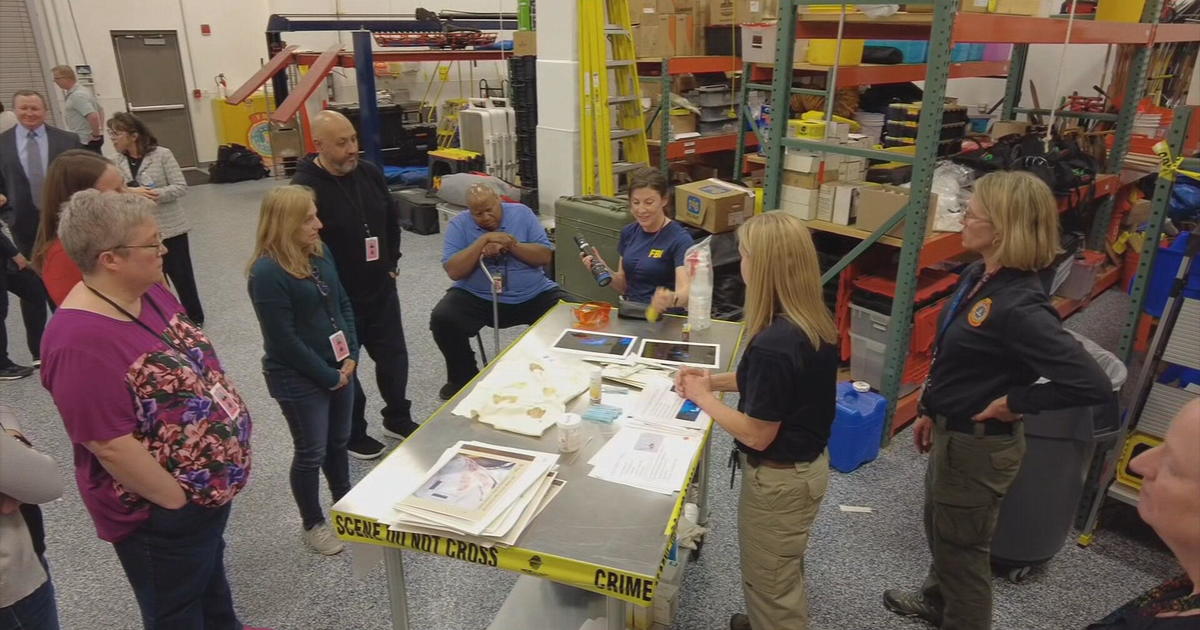Dr. Dave Hnida Examines COVID Vaccine Differences And Side Effects
(CBS4) - Coloradans are now receiving doses of both of the vaccines which have received emergency use authorization from the FDA. CBS4 Medical Editor Dr. Dave Hnida took time to explain some of the differences on CBSN Denver.
He pointed out both require two doses.
"The Pfizer vaccine is given in two doses, three weeks apart. It is approved for people 16 and older. [For] Moderna, that age is 18. It's given in two doses four weeks apart."
"Also you cannot mix and match your vaccine. In other words, if you're going to get a Pfizer vaccine, you're getting to get your booster shot as a Pfizer vaccine, same with Moderna."
He said the biggest difference is about storage and distribution. The Pfizer vaccine needs ultra cold freezers and special handling. The Moderna vaccine can be stored in a regular refrigerator.
"That makes it (Moderna vaccine) more accessible to people, it's going to be more accessible to rural areas and more accessible to places like clinics and doctors' offices as we go down the line over the course of the year."
"Either way, we've now got two vaccines, we're expecting a third."
He also addressed side effects. "Most of those side effects are minor. Sore arm, maybe feel a little bit achy, low grad fever after you get vaccinated. We believe those side effects are actually your immune system kicking in and showing a response to the vaccine. Any side effect like that is actually a good thing."
But Dr. Dave also addressed those more serious reactions, including the five known cases of serious allergic reactions including anaphylaxis.
"If you have a history of allergies, it is very important to talk to your doctor and make sure the appropriate precautions are taken."
"These are not drive through vaccines. Everybody will be monitored for possible side effects, allergic reactions that can happen within probably 15 to 20 minutes after vaccination. These serious side effects don't occur days later, they are immediate so each place that's administering the vaccine right now is prepared for anyone to possibly have a potentially serious reaction."




